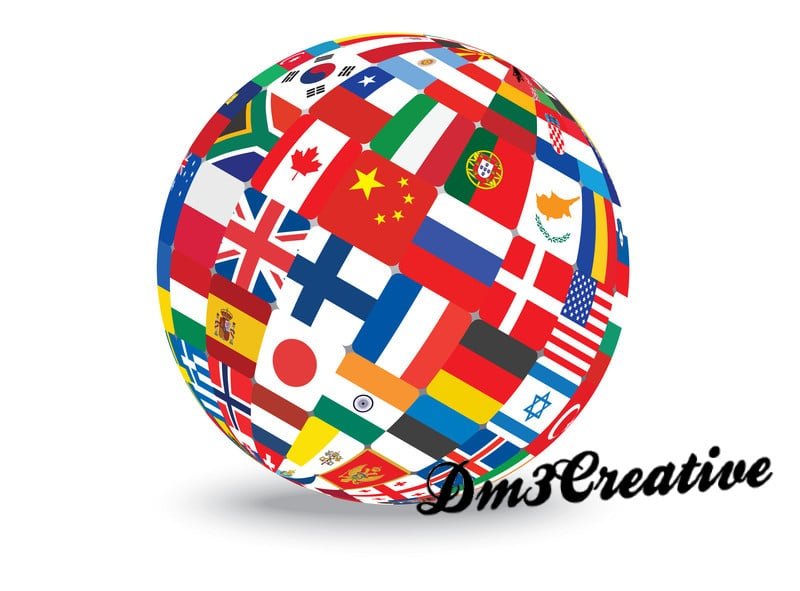Nationality is a constitutional relationship between a person and a country. Nationality yields the state authority over the person and supports the person the security of the country.
All duties and rights differ from state to state. The association usually authorizes mediation by a country to render aid and shelter to its citizens if harmed by other countries.
Through tradition and worldwide conventions, it is in power and also the legal right of each state to decide who its inhabitants are. Before-mentioned judgments are section of nationality law. In any circumstances, perceptions of nationality are also ruled by public international law—for instance, by sanctions on stateless societies and the European Convention on Nationality.
Nationality changes legally and technically from citizenship, which is a different judicial link between an individual and a country. The term national can incorporate both non-citizens and citizens. The whole general distinctive point of citizenship is that citizens can indulge and participate in the political activities of the state: participating in election and voting.
Notwithstanding, in some top-class countries, all individuals termed nationals re citizens of the state.
Related on old words, nationality flowed with the word ethnicity, which is often used in attribute to an ethnic group ( a class of individuals who have a common language, history, culture and ethnic identity).
This ancient definition and meaning of nationality are not limited by political borders ownership of a passport and involves nations which lack an independent state. (such as the Arameans, Scots, Welsh, English, Andalusians, Basques, Catalans, Kurds, Kabyles, Baloch, Berbers, Bosniaks, Kashmiris, Palestinians, Sindhi, Tamils, Hmong, Inuit, Copts, Māori, Sikhs, Wakhi, Székelys, Xhosas and Zulus).
People may additionally be viewed nationals of societies among autonomous status that devolution to a larger government.

